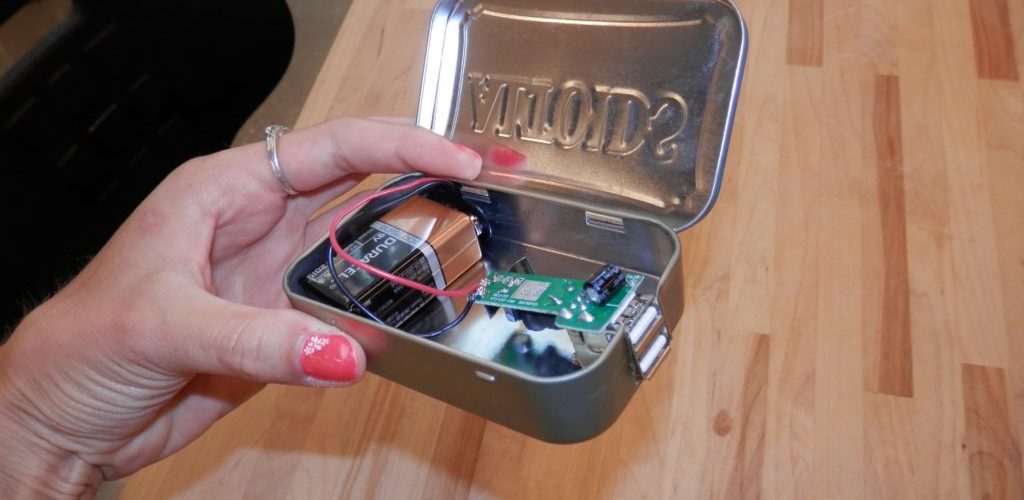About This Class
Approximately three out of four Americans play video games. Global gaming revenue is expected to exceed $152 billion by the end of 2019, and more than half of this revenue stems from mobile game platforms. In this class, we will play and analyze board games, parlor games, role-playing games, card games, and — of course — video games. Throughout the semester, we will focus much of our attention on designing and developing casual video games for mobile platforms. We will approach this topic from multiple perspectives:
- As players, we will play, modify, and analyze digital and non-digital games,
- As designers, we will create and modify digital and non-digital games, and
- As developers, we will create our own digital games and animations using tools such as Adobe Animate CC, Adobe Photoshop, and Construct 3.
This course does not require programming experience, and it is not targeted toward hard-core gamers, but it does involve extensive hands-on work. The only requirements are an open mind, a willingness to tackle unfamiliar technologies, and the desire to play games. A sense of humor and moderately compulsive tendencies are also a plus.
In addition to our regular class meetings, we will meet in the lab on most Tuesday nights from 6:00 to 8:00 pm for our evening gaming sessions. These sessions are not optional.
Assignments and grading
Homework exercises. Throughout the semester, you will be assigned small homework exercises. The techniques you practice in these exercises are building blocks that will help you complete larger assignments. These exercises typically culminate in a short e-mail message in which you discuss specific problems you encountered, share specific solutions you found to those problems, and ask big picture questions about the assignment. The homework is not complete until the written component is posted. Your regular feedback helps me adjust the pace of the class, and it helps me know what topics need to be addressed in greater detail at the beginning of the next class period.
These exercises are not individually graded. You will receive one overall homework grade in the middle of the semester, and one overall homework grade at the end of the semester. If you regularly turn in the homework, and if you take the reflective component seriously, you will be in great shape as far as this part of your grade is concerned. (15%)
Assignment #1. DIY. The “Do It Yourself” (DIY) assignment invites you to tackle a completely new and unfamiliar activity such as creating goat cheese in your dorm room or modifying a clock so that it runs backwards. This activity should be something outside your comfort zone. For example, if you enjoy cooking, your DIY project should not be food related. If you’re a gadget junkie who knows all about the latest smartphones and tablets, your DIY project should be completely unrelated to gadgets. If you regularly create your own costumes and props for cosplay, your DIY project should not involve textiles or costumes. You will document your progress with photographs, screenshots, journal notes, and summarize your experiences in a succinct, three-minute class presentation and a footnoted blog posting. Please note that a large portion of the grade on the DIY project stems from a) the way you reflect on your own ‘learning style’ and b) the way you identify and credit the sources that taught you how to accomplish your project. Please be sure to carefully review the grading rubric before turning in your project. This assignment is due on Friday, September 6. (15%)
Assignment #2. Animation. During the first few weeks of the semester, you will explore the many ways that Adobe Animate CC can be used to create motion graphics. After working with shapes, symbols, timelines, and motion tweens, you will synthesize what you have learned by creating an original piece of animation.[1] This assignment is due on Monday, October 7th. (15%)
Assignment #3. Simple Platform Game. During the second month of class, you will learn how to use the game-creation toolkit Construct 3. Once you have a handle on the basics, you will create a simple “platform game” that includes a scoring mechanism and multiple levels.[2] This assignment is due on Monday, November 4th (20%)
Assignment #4. Final project. In your final project, you will create a miniature game from scratch. This might seem overwhelming, but you will have the necessary skills by the time we reach the end of the semester.[3] More detailed assignment guidelines will be provided as the semester progresses. Your final project must be finished before 12:00 p.m. on Thursday, December 12. We will meet in the lab on this day, at 12:00 p.m., to play each other’s games. You must attend the final session, so please take this into account when planning your holiday flight arrangements. (20%)
Depending upon how the semester is going, I might modify expectations for the third and fourth assignments. Any changes will be intended to reduce student stress rather than to intensify it.
[1] No prior animation experience is required for this course.
[2] No prior programming experience is required for this course.
[3] You can lean heavily on the examples in Lee Stemkoski and Evan Leider’s Game Development with Construct 2. The book explains how to create a wide range of games, including: top-down collection games (e.g., Frogger), top-down shooters (e.g., Gauntlet), endless side scrollers (e.g., Flappy Bird), top-down tower defense games (e.g., Plants vs. Zombies), and top-down adventure games (e.g., The Legend of Zelda).






